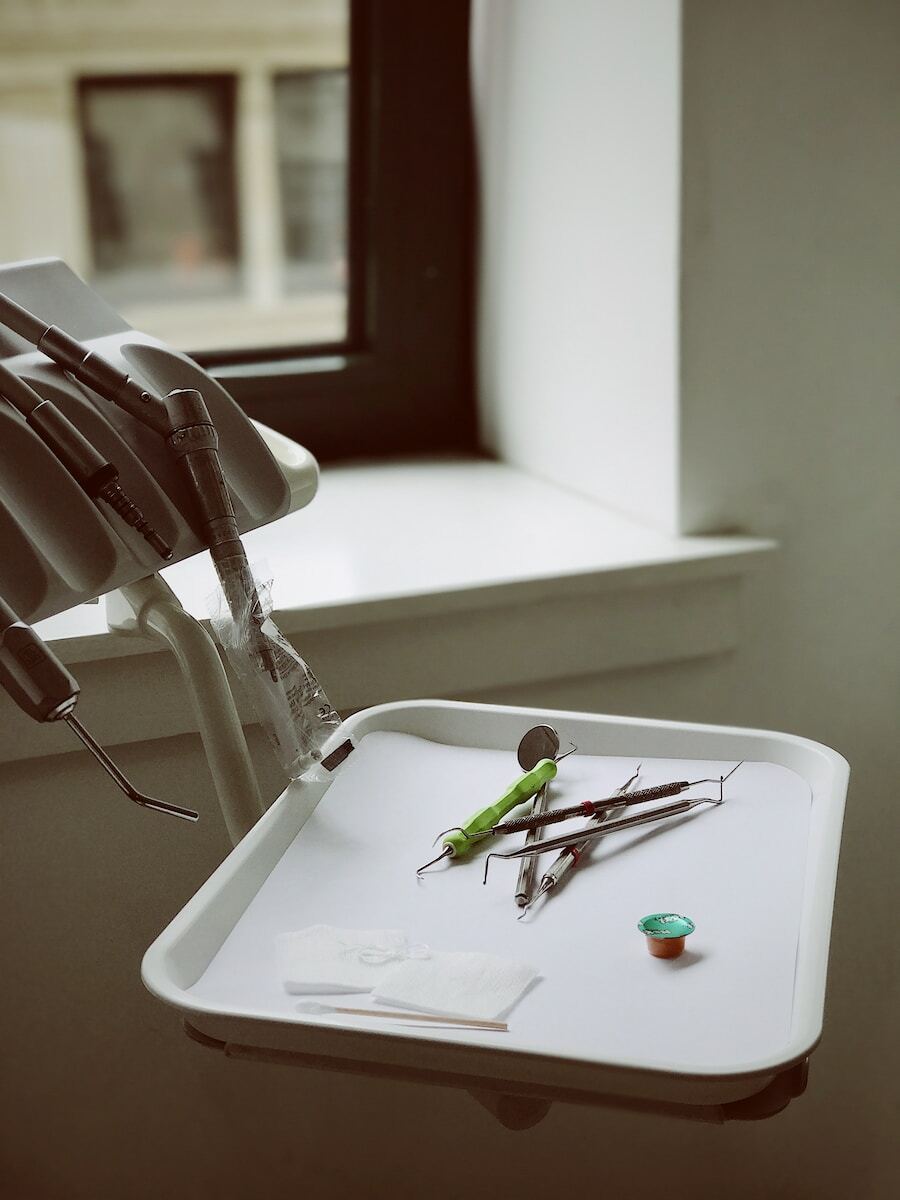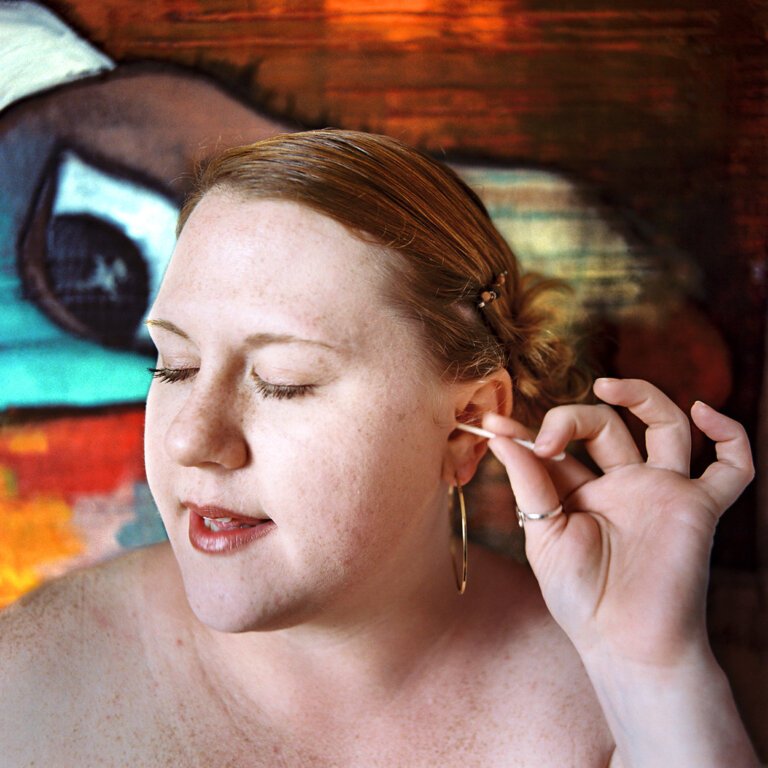Overcoming the Challenges: Thriving in Life Despite Ear Problems
Last Updated on 25th April 2024 by Admin
Living with ear problems can be incredibly challenging, as it can affect various aspects of daily life. However, with the right strategies, mindset, and support, it is possible to overcome these challenges and thrive. In this article, we will explore various methods, tips, and techniques to help individuals with ear problems navigate life successfully.
Understanding Ear Problems
Before delving into the solutions, it is essential to have a basic understanding of common ear problems. Ear problems can manifest in different ways, such as hearing loss, tinnitus (ringing in the ears), vertigo (dizziness), ear infections, and more. Each of these conditions can have a significant impact on an individual’s quality of life.
Common Types of Ear Problems
- Hearing Loss: Hearing loss can range from mild to severe, making it difficult to understand conversations or enjoy everyday activities. It can lead to social isolation and challenges in professional and personal relationships.
- Tinnitus: Tinnitus refers to the perception of sound when no external sound is present. It can be constant or intermittent and may significantly impact quality of life. The constant ringing or buzzing sensation can be distracting and make it difficult to concentrate or sleep.
- Vertigo: Vertigo is a sensation of spinning or dizziness. It can be debilitating, causing difficulties with balance, coordination, and daily activities. Individuals with vertigo may experience frequent falls or find it challenging to engage in physical activities.
- Ear Infections: Ear infections, such as otitis media, can cause pain, discomfort, and temporary hearing loss. They can be particularly challenging for children, as they may experience difficulty in expressing their discomfort and may face disruptions in their daily routines, such as attending school or participating in extracurricular activities.
Seeking Professional Help
The first and most crucial step toward overcoming ear problems is to consult a medical professional who specialises in ear health, such as an Ear Nose and Throat Specialist or Audiologist. These specialists have the expertise to provide accurate diagnoses, recommend appropriate treatments, and offer valuable advice on managing ear problems.
Diagnostic Tests
- Audiometry: Audiometry is a common hearing test that measures the individual’s ability to hear different sounds at various frequencies. It helps determine the extent and type of hearing loss, providing essential information for treatment planning.
- Tympanometry: Tympanometry measures the movement of the eardrum in response to changes in air pressure. It helps identify issues with the middle ear, such as fluid accumulation or eardrum abnormalities.
- Videonystagmography (VNG): VNG is a test that evaluates the function of the inner ear and the central motor functions of the eyes and brain. It helps diagnose and assess balance disorders and vertigo.
Lifestyle Modifications for Better Ear Health
In addition to medical interventions, certain lifestyle modifications can significantly improve ear health and minimise the impact of ear problems on daily life. By incorporating these changes into your routine, you can take proactive steps towards maintaining optimal ear health.
1. Protect Your Ears
- Use Ear Protection: When exposed to loud noises, such as concerts or construction sites, it is crucial to wear earplugs or earmuffs to protect your ears from damaging sound levels. These protective devices help reduce the risk of noise-induced hearing loss.
- Limit Headphone Usage: Listening to music or podcasts through headphones or earbuds at high volumes can contribute to hearing loss and tinnitus. It is important to keep the volume at a reasonable level and take breaks to give your ears rest. Consider noise-cancelling headphones, which can help block out external noises and reduce the need for high volume levels.
2. Maintain Good Ear Hygiene
- Avoid Cotton Buds: Refrain from inserting cotton buds or any other objects into your ear canal, as this can push wax deeper and cause damage. The ear is a self-cleaning organ, and inserting objects can disrupt the natural process and increase the risk of infection or injury.
- Clean Your Ears Safely: Gently clean the outer part of your ears with a warm washcloth. If you experience excessive earwax build-up, it is best to consult a medical professional for safe removal methods. They may recommend ear drops or suction techniques to remove the excess wax without causing harm.
3. Adopt a Healthy Lifestyle
- Stay Hydrated: Proper hydration supports overall ear health and helps maintain optimal function. Drinking an adequate amount of water throughout the day can help prevent dryness and maintain the health of the ear canal.
- Exercise Regularly: Engaging in regular physical activity improves blood circulation, which can benefit the ears by delivering essential nutrients. Activities that promote cardiovascular health, such as walking, swimming, or cycling, can have a positive impact on overall ear health.
- Follow a Balanced Diet: Eating a nutritious diet rich in vitamins A, C, and E, as well as omega-3 fatty acids, can promote ear health. Include foods like leafy greens, citrus fruits, nuts, and fish in your diet. These nutrients have antioxidant and anti-inflammatory properties that support the health of the ears.
Coping Strategies for Everyday Life
Living with ear problems can present unique challenges in various aspects of life. However, implementing coping strategies can help individuals thrive and continue enjoying their favourite activities.
1. Communication Tips
- Inform Others: Let people around you know about your hearing difficulties, so they can adjust their communication accordingly. Educating your friends, family, and colleagues about your condition can foster understanding and empathy.
- Face-to-Face Communication: Whenever possible, opt for face-to-face conversations, as visual cues can assist in understanding. Lip-reading and observing facial expressions and body language can provide valuable context and improve communication.
- Utilise Assistive Devices: Consider using hearing aids or assistive listening devices that amplify sound, making it easier to hear and communicate effectively. These devices can enhance the clarity of speech and improve overall hearing experience.
2. Managing Tinnitus
- Sound Therapy: Playing soothing background noise, such as nature sounds or soft music, can help mask the ringing or buzzing sensation of tinnitus. White noise machines, smartphone apps, or specialised tinnitus masking devices can provide relief and make tinnitus less noticeable.
- Relaxation Techniques: Engage in relaxation techniques, such as deep breathing, meditation, or yoga, to reduce stress and minimise tinnitus symptoms. Stress can exacerbate tinnitus, and managing stress levels through these techniques can help individuals cope better with the condition.
3. Overcoming Vertigo
- Balance Exercises: Consult with a physical therapist who specialises in vestibular rehabilitation to learn specific exercises and techniques to improve balance and reduce vertigo symptoms. These exercises can help strengthen the vestibular system and enhance stability.
- Home Modifications: Make necessary modifications at home to minimise the risk of falls. Install handrails in areas prone to dizziness, such as staircases or bathrooms. Remove tripping hazards and ensure proper lighting to create a safe environment.
Emotional Support and Mental Well-being
Dealing with ear problems can be emotionally challenging, leading to feelings of frustration, isolation, and anxiety. Seeking emotional support and prioritising mental well-being are crucial aspects of thriving despite ear problems.
1. Support Groups
Joining support groups for individuals with ear problems can provide a sense of belonging and understanding. Sharing experiences, tips, and coping strategies with like-minded individuals can be invaluable. Online forums and local support groups can be excellent resources for connecting with others facing similar challenges.
2. Counselling and Therapy
Seeking professional counselling or therapy can help individuals navigate the emotional impact of living with ear problems. Therapists can provide coping strategies, stress management techniques, and support in dealing with the psychological aspects of ear problems. Cognitive-behavioural therapy (CBT), in particular, can be helpful in addressing negative thought patterns and building resilience.
The Power of Resilience and Positivity
Thriving in life despite ear problems requires resilience and a positive mindset. It is essential to remember that your ear problems do not define you. Embrace the challenges, seek necessary support, and focus on what you can control. With determination and a proactive approach, it is possible to lead a fulfilling life despite ear problems.
In conclusion, overcoming the challenges posed by ear problems is possible with the right strategies, mindset, and support. By seeking professional help, implementing lifestyle modifications, utilising coping strategies, and prioritising mental well-being, individuals can thrive and lead fulfilling lives despite ear problems. Remember, you are not alone, and there are resources available to help you overcome these challenges and live your life to the fullest.







